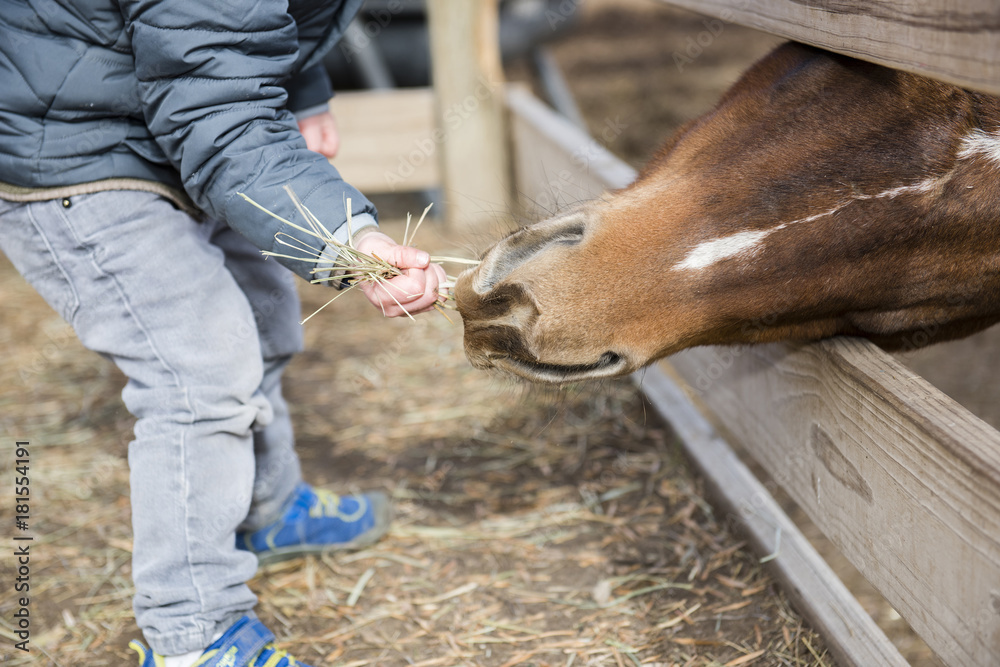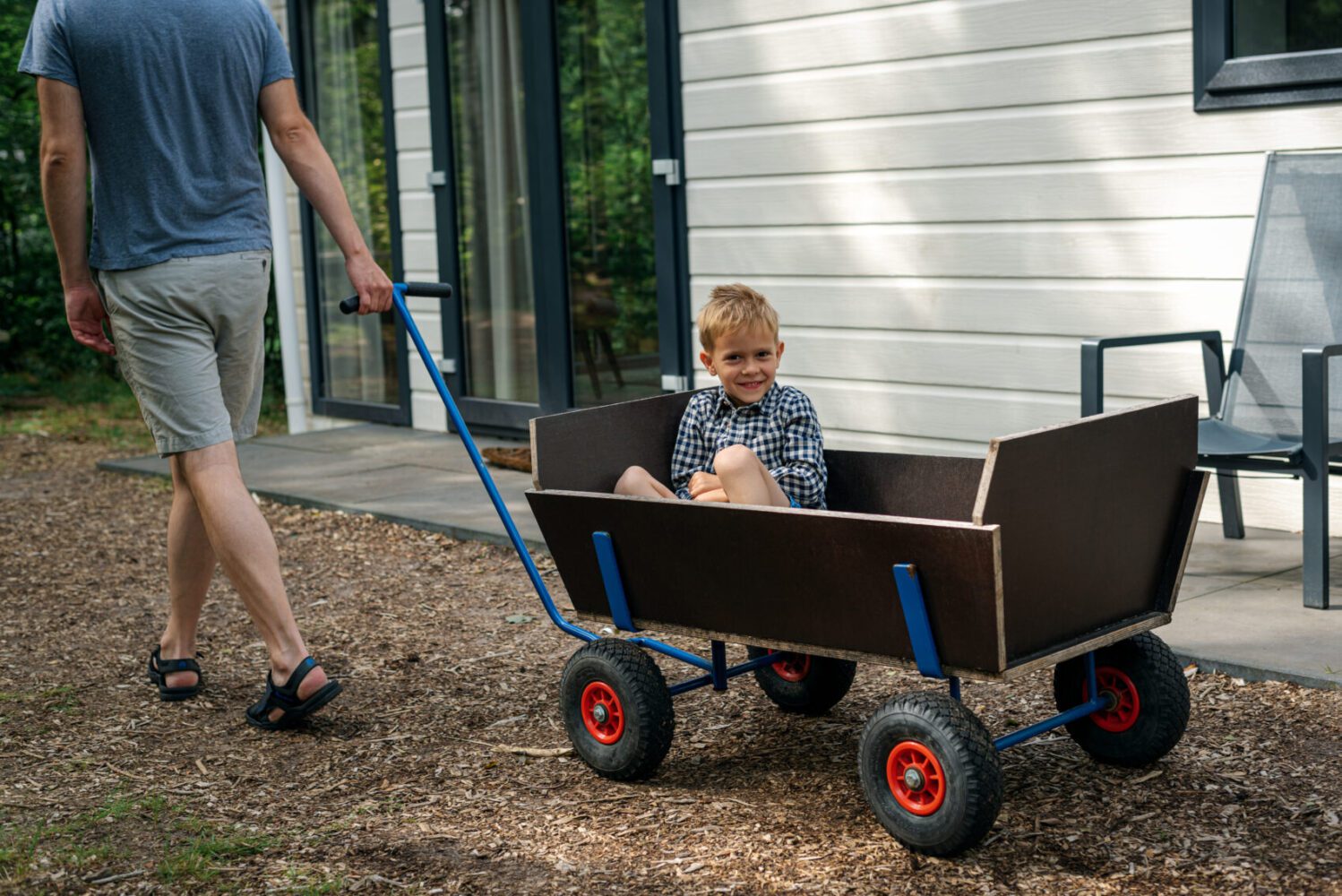By Christine Denise
Autism Mom and Contributing Writer for As You Are, a virtual clinic dramatically increasing access to early autism diagnostic services through the use of exclusively telehealth appointments
My mother couldn’t wait to tell us.
She wanted all of us to be on Facetime so she could see all of our reactions to the news: we’re going to Disney World!
My neurotypical twin boys, who were 7 at the time, were ecstatic.
They literally jumped for joy.
Gave each other high fives, hugged and cheered.
My special needs son didn’t have a reaction. I doubt he knows what Disney World is, or what a wonderful experience it could be for him.
My husband and I smiled and cheered along with our neurotypical boys.
But both of us know how to act like everything is OK to let our neurotypical kids have their moments.
We looked at each other, giant smiles on our faces, seeing and knowing the apprehension we both felt in our hearts at that moment.
We’re going to Disney World with our autistic son, who was only 4 at the time.
What if he gets lost?
How are we going to keep track of him?
What’s going to happen on the airplane?
What if he gets lost?
How are we going to stay overnight in the same room?
How is he going to sleep?
Where is he going to sleep?
Did I say what if he gets lost?
For weeks, I had nightmares of being at the happiest place on earth, looking at one of my other children for a moment, and turning around only to see my autistic son get swallowed up and disappear into a sea of people.
I talked to my husband about whether we should tell my parents we would go, but we would not be bringing our autistic son and maybe leave him behind with a babysitter.
But it was a nine-day trip. And my husband felt strongly that we should try to make these memories all together as a family. I felt the same way, but would feel my chest tighten and my heart pound every time I thought about my special needs son wandering away from us as he always tries to do.
Ultimately, we decided to give it a go.
Shockingly, he did well on the airplane, just sitting with his trusty iPad listening to his favorite songs and speech therapy videos.
The sleeping arrangements proved to be the biggest hurdle. Our son’s biggest challenge when traveling is sleeping somewhere new. When we are home and he’s in his own bedroom with his own bed, he is thankfully pretty predictable and consistent with his nighttime routine and going to bed. When he’s somewhere new, he is terrified.
Any change in his sleep routine is really difficult for him, and, of course, for us.
I don’t think any of us really slept for those nine days because we were all in the same room.
I know for sure my husband and I barely slept, both of us taking turns making sure he wasn’t getting into something he shouldn’t, turning on lights, making noise.
I constantly wonder how much my son Louie will remember from a vacation like that. We put up a photo wall in our home with 15 photos from the Disney World trip and guess what? Louie is obsessed, and I mean truly OBSESSED, with one of the pictures on the wall. It’s of our whole family standing in front of the Magic Kingdom. Every day, he takes that particular photo off the wall and places it next to him, to be by his side, wherever he goes in the house. Every night, I put the photo back up on the wall so the tradition can continue the next day. Louie is nonverbal so, to me, this is his way of communicating a memory that he wants to keep close to him, by his side, all of the time. I’m here to tell you traveling is worth a shot. We made memories for a lifetime and are so glad we pushed ourselves to do this. We learned a few things along the way and hope these tips will help you someday:
1. You don’t have to travel.
It’s OK to say no. Even though we are extremely happy we went to Disney World, and have taken a few other road trips, my husband and I rarely travel to see family or friends. And that’s OK. Yes, there is some guilt we feel when we miss out on get-togethers and I, in particular, have grown very distant from my family as they live out-of-town. But I also have to do what’s best for my family and our mental health. Staying home is what’s best for our family and especially for our autistic son. Routine, familiarity, and the expected is what helps him thrive. So, there are many occasions we pass up. We also tend to host a lot of get-togethers among friends and family because it’s easier on us and our children. Asking friends and family to come to our house for gatherings has been one of the best ways to see those we love, and getting the house ready and cooking doesn’t feel nearly as stressful as the thought of traveling sometimes.
2. Prep friends and family.
Friends and family who aren’t used to being around us need a primer on how to adapt to our special needs son. Don’t be afraid to tell them about how they can best help handle your child’s special needs. For example, our son is prone to darting away or wandering. He’s not just going to stand by our sides or stay with us like most kids do if we’re not holding his hand at all times. So, every time we go somewhere, we ask to lock all the doors and close all the bathrooms. And, if we go somewhere, we ask everyone with us to help keep an eye on our son. We had to have a very serious discussion with my parents about how every one of us needed to keep an eye on our special needs son and it couldn’t just be my husband and I doing it all the time. It might seem like a conversation that would be a no-brainer, but when it comes to a special needs child, others who aren’t used to being around them need to be told how serious it is. My son is 8 years old, but he needs to be watched like he’s a 12-month-old who wanders. Reminding everyone around us of that is something we should and must do.
3. Stick to your routine as much as possible.
If the schedule gets out of whack, just try to keep the routine. My son’s nightly routine is simple: bathe, get into pajamas, brush teeth, get a drink, read a book, turn on white noise, turn out the lights and go to bed. When traveling, if bedtime happens much later than normal, be sure to keep the routine in place and that might help. Same with eating. Keep the same routine even if the timing is off.
4. Think about safety.
When we went to Disney World, one of the things we did was write our phone number on a sticker we put on his back every day (he rips stickers off his shirt if he sees them and won’t wear a bracelet). Some other families we noticed would write their phone numbers on their children’s arms so it couldn’t come off. Prepare a safety plan as much as possible depending on where you are going and talk about it with your entire family so everyone knows what’s expected.
5. Practice.
If your child isn’t used to riding in a car very often, start taking them for drives that you wouldn’t normally think to take them on. Even if you’re running quick errands, take them for the ride. Reading books about airplanes can be helpful, and even going to the airport before the big day can be as well. If there is a train involved, take a ride on one or go look at them before the big day. Having your special needs child experience the mode of transportation the day of for the first time could be setting them up for disaster. Expose them to the experience slowly but surely ahead of time if possible.
6. Call ahead.
It has been surprising to me how often there are accommodations available for special needs children at various places. If you think your child might do better on an airplane toward the back of the plane or somewhere as secluded as possible, call ahead and ask if that would be possible. Or if you would like to board first before the plane fills up, or maybe last to avoid sitting in the cabin for too long, see if that would be possible or if the airlines have any other suggestions. You might be surprised what others who have come before you have discovered that led to an easier path for those to come after them.
Do you have questions about your child’s development? The team at As You Are provides useful autism screening and diagnostic evaluations for kids 16 months to 10 years old via telehealth appointments.
Disclaimer: I am not a medical professional. This is a sponsored blog post, but all opinions are my own.



















